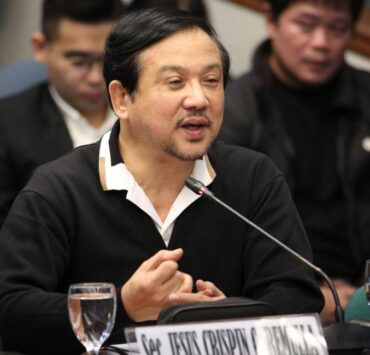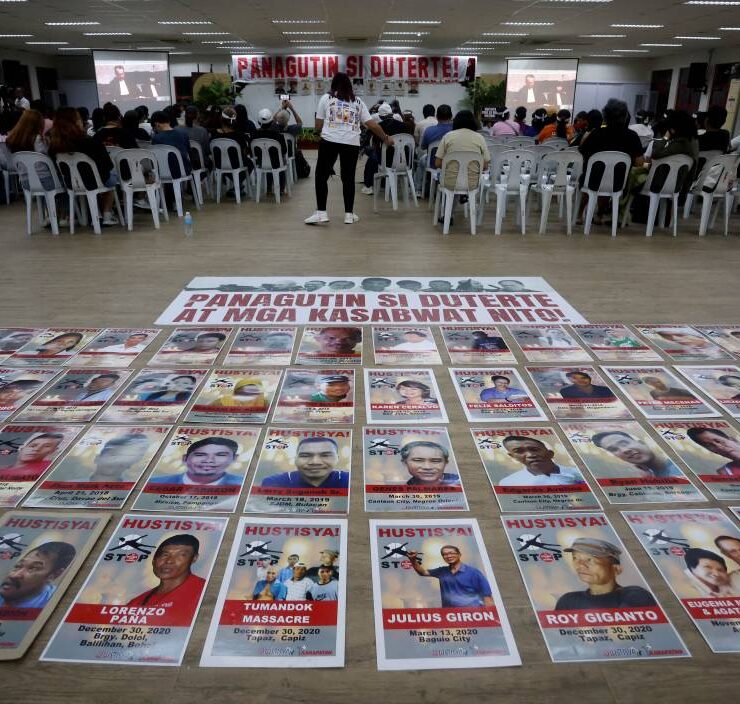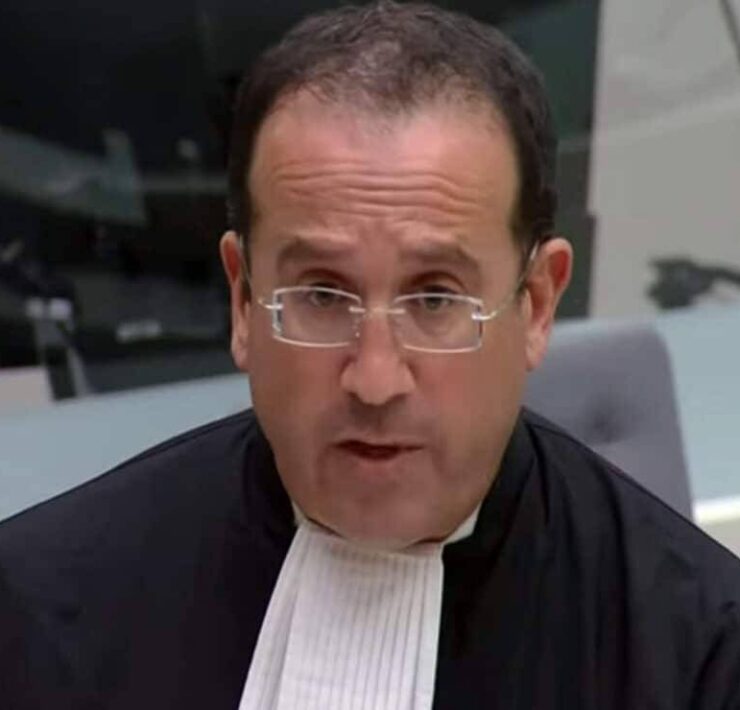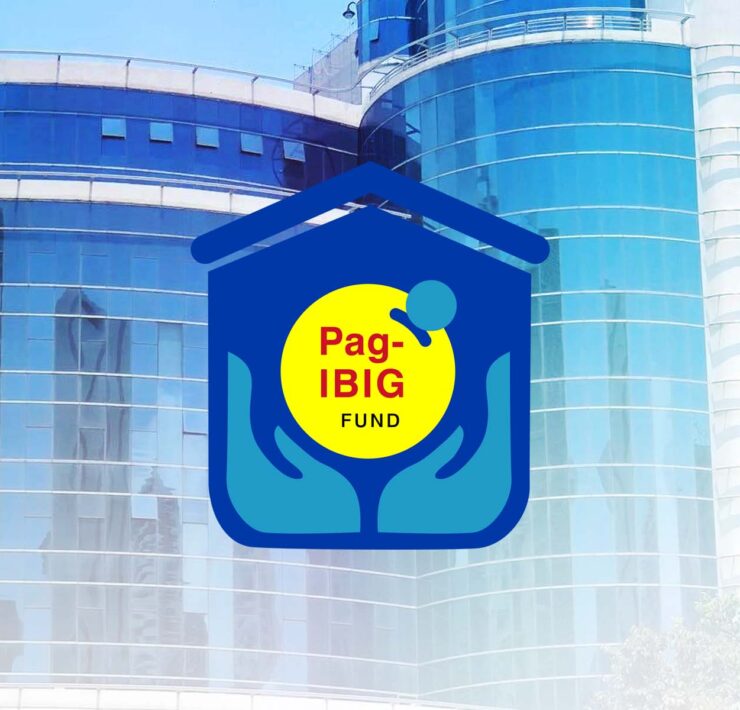Comelec seeks to defer Bangsamoro elections
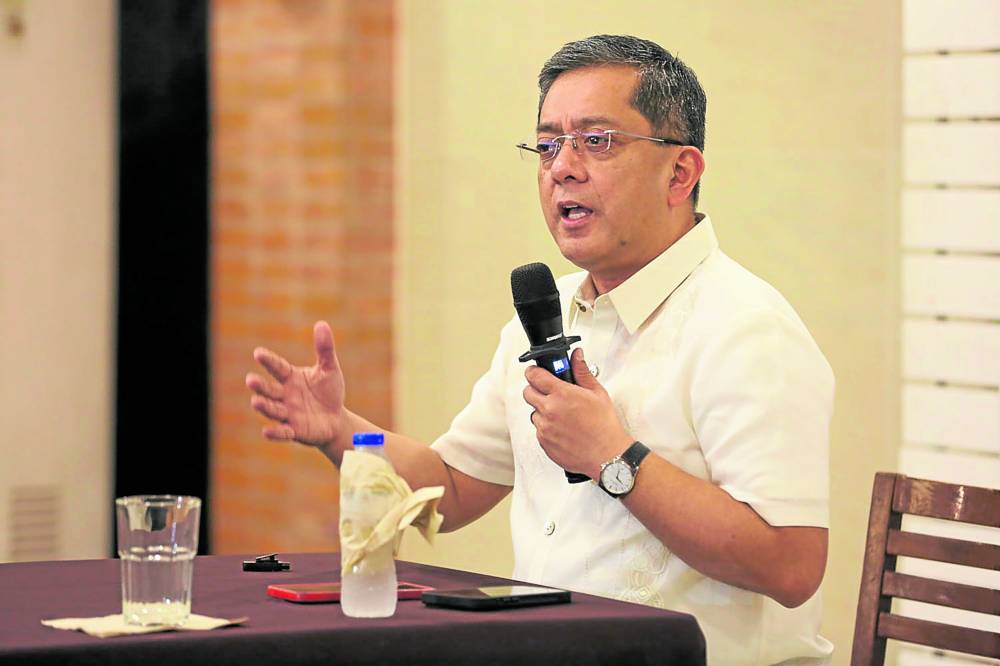
The Commission on Elections (Comelec) is eyeing the postponement of the parliamentary elections in the Bangsamoro Autonomous Region in Muslim Mindanao (BARMM) which is scheduled by Congress to be held in less than three weeks.
“We are already studying the possible postponement [of the regional polls],” Comelec Chair George Erwin Garcia told the Inquirer in a text message on Thursday.
Garcia joined the multisectoral forum and dialogue on Thursday organized by nongovernment groups Institute of Autonomy and Governance (IAG) and Independent Election Monitoring Center (IEMC) in Makati City that discussed the fate of the historic political exercise.
The Comelec had suspended preparations for the Oct. 13 polls after the Supreme Court issued a temporary restraining order (TRO) on Bangsamoro Autonomy Act No. 77 that created new parliamentary districts in the BARMM from where 32 of 80 members of the regional legislature will be elected.
At least two groups of petitioners had questioned the constitutionality of BAA 77.
After the forum, Garcia and other commissioners were expected to convene an en banc session to discuss, among others, the postponement of the regional elections.
Garcia said the Comelec’s Project Management Office and Law Department had already recommended the postponement of the elections given how it was already impossible to hold the exercise given that there is currently no clear law regarding the distribution of the districts.
While the Comelec’s preparations were based on Bangsamoro Autonomy Act No. 58, which factored in Sulu province in the creation of parliamentary districts, the law was already superseded by BAA 77 on Aug. 28 this year.
Already impossible
BAA 77 reordered the configuration of the districts by distributing the seven Sulu districts throughout the rest of the BARMM’s remaining constituent localities. The high court had ruled last year that Sulu was not part of the BARMM since majority of its voters rejected the Bangsamoro Organic Law in a 2019 plebiscite.
“We currently have recommendations from our Project Management Office and those from the field, that we really cannot [finish preparations] in the remaining days before Oct. 13 … It is not just legally impossible, it is factually impossible,” Garcia said.
“We need more or less four to five weeks to conduct a proper election. If the elections will not be conducted freely, peacefully, and with the highest integrity, why proceed?” he said. “If there is a remedy provided by law, why not just take it?”
According to Garcia, the impending postponement of the Bangsamoro polls would be based on Section 5 of the Omnibus Election Code, which allows the Comelec to postpone elections for “any serious cause,” provided that all interested parties will be given equal chances to be heard.
Reasons for postponement may include “violence, terrorism, loss or destruction of election paraphernalia or records, force majeure, and other analogous causes” that would make it impossible to conduct a “free, orderly and honest” election in any political subdivision.
“Force majeure has a broad definition. It means something happened that you did not expect, which prevented you from performing an action. So, it means we can consider something like that, especially with the TRO that was issued, or with the pending cases,” Garcia said.
Cost of delay
He said it might take the agency a whole week to discuss the possible postponement, as it would also have to consult different groups from the BARMM, including the IEMC, which conducted the dialogue-forum on Thursday.
The Comelec chief did not provide a date for when the elections would be held after its postponement, but he noted that the election code provides that the polls should be rescheduled “not later than thirty days after the cessation of the cause for such postponement or suspension of the election or failure to elect.”
In the meantime, Garcia said he was hoping the Supreme Court would be able to resolve the pending cases against BAA 77. He noted that should the high court uphold BAA 77, the Comelec would have to spend P774 million for the Bangsamoro polls.
“If you go with BAA 77, you have to reprint ballots, you have to reconfigure the machines … Our deployment needs to be changed, there are reverse logistics … because the period has been changed, that’s why we need that much,” Garcia explained.
On the other hand, if the Comelec implements BAA 58, the cost would be less than P50 million as it had already begun preparations based on that law.
Earlier, the IEMC supported the Comelec’s decision to halt poll preparations.
“Comelec is correct in asserting that neither BAA 77 nor the repealed BAA 58 can serve as a legal foundation for the parliamentary district elections scheduled for Oct. 13,” IEMC had said.
“We strongly urge the Supreme Court and the Comelec to immediately resolve the outstanding legal issues surrounding the Regional Parliamentary Elections in the BARMM so that the elections can proceed on Oct. 13, or at the earliest possible date thereafter,” it added.
Benedicto Bacani, the IAG executive director, had said that they had advocated for the holding of the polls on a viable schedule soon as repeated postponements of elections in the BARMM undermine the integrity of the electoral process.
“It also erodes the public’s trust in elections as a vital means of citizen expression and representation in governance,” Bacani said.















